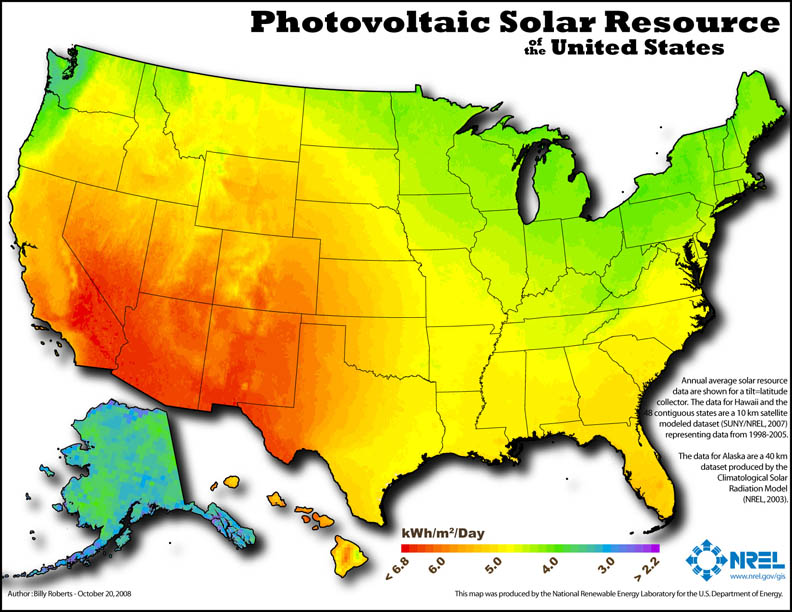forum
library
tutorial
contact

Washington Solar Project Fast-tracked
over Yakama Nation's Opposition
by Don Jenkins
Capital Press, May 7, 2025
|
the film forum library tutorial contact |

|
Washington Solar Project Fast-tracked
by Don Jenkins
|
 A state panel increased the odds a California company will soon win approval to put solar panels and batteries on farmland in south-central Washington, voting to skip an environmental study and a formal hearing sought by the Yakama Nation.
A state panel increased the odds a California company will soon win approval to put solar panels and batteries on farmland in south-central Washington, voting to skip an environmental study and a formal hearing sought by the Yakama Nation.
Cypress Creek Renewables has leased about 2,000 acres of private farmland outside the tribe's reservation for the Carriger solar installation near Goldendale in Klickitat County. EQT Infrastructure, a Swedish investment firm, owns Cypress Creek.
Meeting at the Goldendale Grange Hall, the Energy Facility Site Evaluation Council voted May 5 that the project qualifies for "expedited processing." The council could vote this month on whether to recommend the installation to Gov. Bob Ferguson.
Cypress Creek applied for a permit more than two years ago. Since then, the Yakama Nation submitted a report on the project's potential impact on "tribal cultural properties."
The report is not available to the public. EFSEC environmental planner Sean Greene told the council the tribe was concerned about visual impacts and that Cypress Creek moved solar panels away from a road and state highway. EFSEC staff concluded that was enough; the tribe did not agree, Greene said.
The tribe requested an environmental impact statement and a closed-door hearing to allow tribal members to tell the council about their concerns.
Department of Natural Resources Deputy Chief Lenny Young was the only "no" vote on the motion to expedite the project. Tribal members should be able to talk to the council in private, he said.
"I think it's very important the Yakama Nation has this opportunity," Young said.
Efforts to obtain comment from the tribe were unsuccessful.
Yakama Nation Chairman Gerald Lewis said in a letter to EFSEC in April that a closed-door hearing would allow the tribe to convey confidential and sensitive information.
ESFEC members are drawn from state agencies. The council is subject to the state's public meeting law, which requires meetings to be open to the public. The council, however, could convene a legal hearing that could be closed by the presiding judge.
EFSEC held nine days of legal hearings for the massive Horse Heaven wind and solar installation in Benton County. In closed-door testimony, Yakama National tribal members influenced the council to downsize the project. Gov. Jay Inslee, however, ordered EFSEC to restore the project to its original size.
Once EFSEC voted to expedite the Carriger project, it held a public hearing on the Carriger project. All who spoke opposed it.
Klickitat County County Commissioner Todd Andrews set a trash can by the lectern and said he was "about to throw up."
County residents aren't NIMBYS opposed to development, but Cypress Creek's solar panels will be visible all over east Klickitat County, he said.
"You couldn't pick a better site if you wanted to be the most intrusive and lower the most home values that you could," he said.
Efforts to obtain comment from Cypress Creek were unsuccessful.
Klickitat County passed a moratorium on large solar projects a month before Cypress Creek applied to EFSEC for a permit. EFSEC decided the moratorium wasn't a land-use law that could hold up the project.
learn more on topics covered in the film
see the video
read the script
learn the songs
discussion forum
